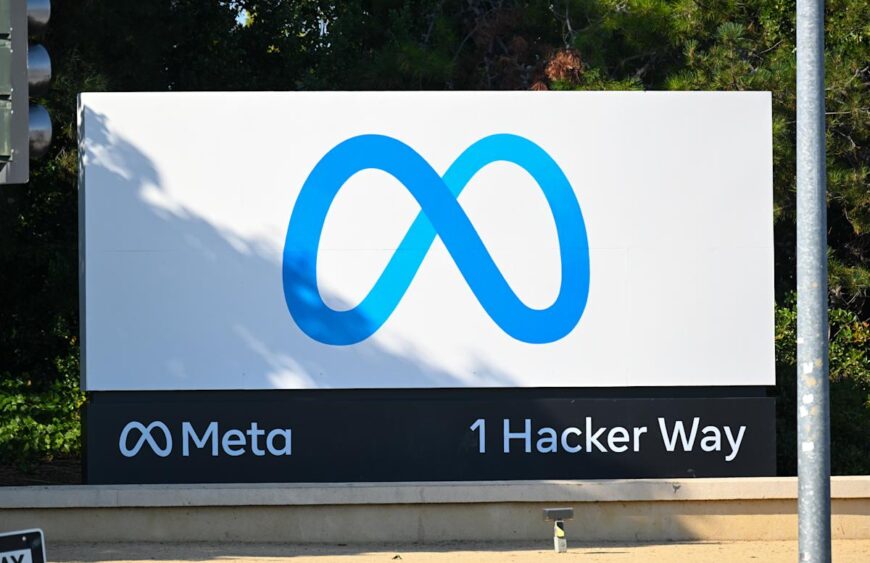Meta wins AI copyright case filed by Sarah Silverman and other authors

Federal Judge Vince Chhabria has ruled in favor of Meta over the 13 book authors, including Sarah Silverman, who sued the company for training its large language model on their published work without obtaining consent. His court has granted summary judgment to Meta, which means the case didn’t reach full trial. Chhabria said that Meta didn’t violate copyright law after the plaintiffs had failed to show sufficient evidence that the company’s use of the authors’ work would hurt them financially.
In his ruling (PDF), Chhabria admitted that in most cases, it is illegal to feed copyright-protected materials into their large language models without getting permission or paying the copyright owners for the right to use their creations. “…by training generative AI models with copyrighted works, companies are creating something that often will dramatically undermine the market for those works, and thus dramatically undermine the incentive for human beings to create things the old-fashioned way,” he wrote.
However, the court “must decide cases based on the evidence presented by the parties,” he said. For this particular case, the plaintiffs argued that Meta’s actions cannot be considered “fair use.” They said that that their creations are affected by Meta’s use because the company’s LLM, Llama, is capable of reproducing small snippets of text from their books. They also said that by using their books for training without consent, Meta had diminished their ability to license their work for LLM training. The judge called both arguments “clear losers.” Llama isn’t capable of generating enough text straight from the books to matter, he said, and the authors aren’t entitled to the “market for licensing their works as AI training data.”
Chhabria wrote that the argument that Meta copied their books to create a product that has the capability to flood the market with similar works, thereby causing market dilution, could have given the plaintiffs the win. But the plaintiffs barely touched the argument and presented no evidence to show how output from Meta’s LLM could dilute the market. Despite his ruling, Chhabria clarified that his decision is limited: It only affects the 13 authors in the lawsuit and “does not stand for the proposition that Meta’s use of copyrighted materials to train its language models is lawful.”
Another judge, William Alsup, also recently sided with Anthropic in a class action lawsuit also brought by a group of authors who accused the company of using their copyrighted work without permission. Alsup provided the writers recourse, though, and allowed them to take Anthropic to court for piracy.
Trending Products






